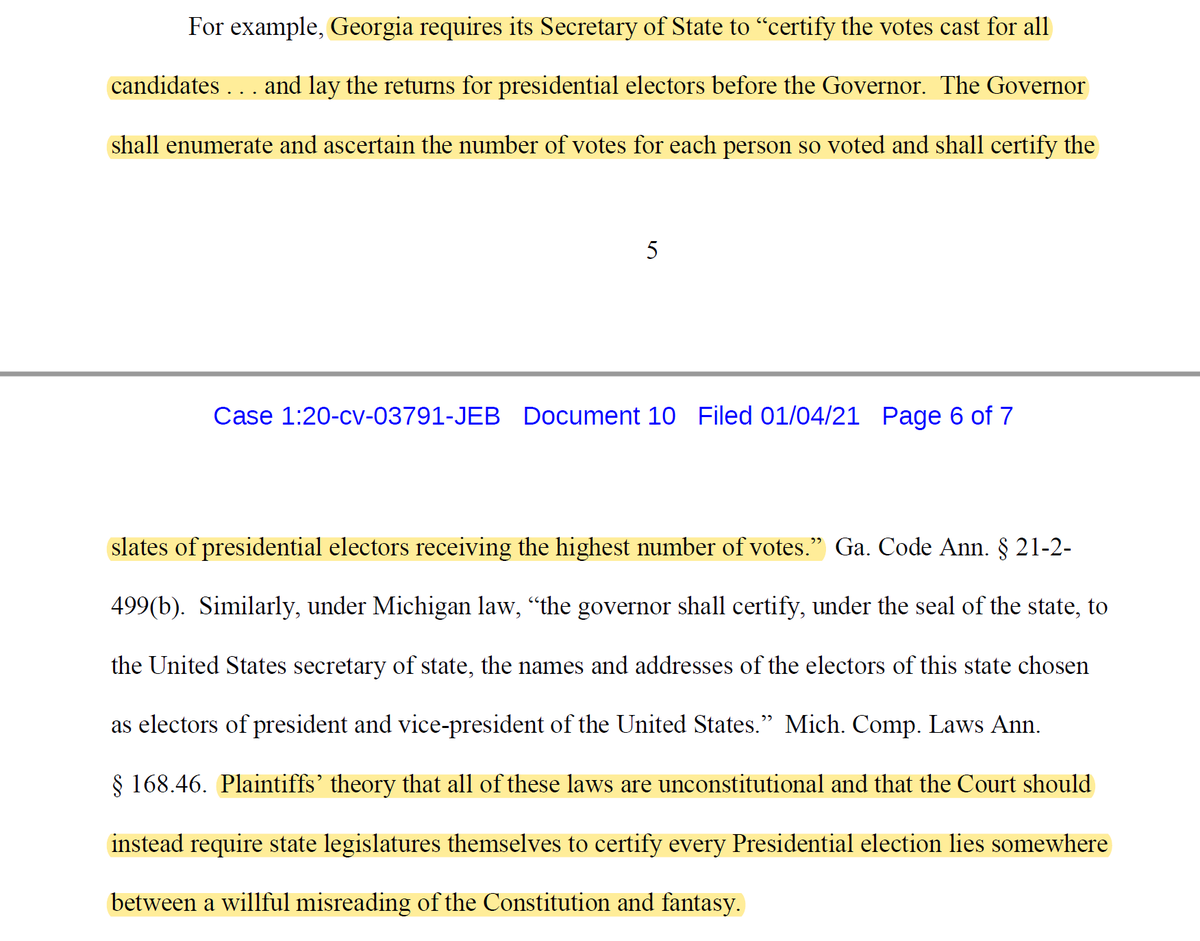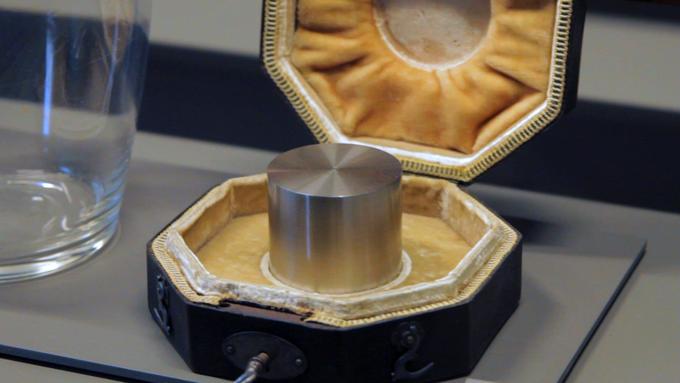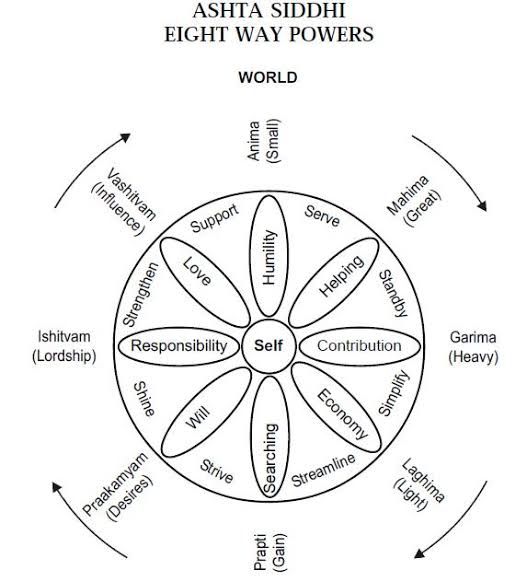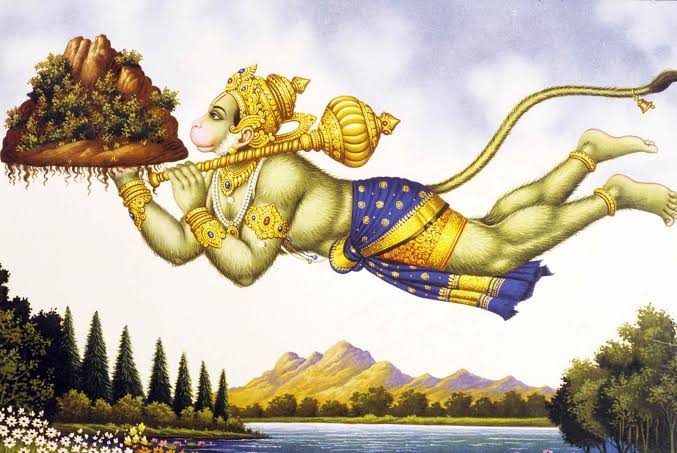
Election Litigation Update: DC - the "let's sue the Electoral College" case.
This is a bit surprising, given that as of last time I checked nobody had been served and no appearance had been entered. I suspect it's an effort to make sure the case isn't "pending" on the 6th.
Link: https://t.co/oOJZD1F4x2
— Brad Heath (@bradheath) January 4, 2021


If I was plaintiffs counsel, I'd definitely be clearing under my desk right now, and possibly also my underwear.
Judge calling out the length of your filing by both page count and number of footnotes is very much the same energy as your mother using your full name, middle name included, at you. At volume.





Honestly, I don't know. They can, of course, run to the DC Circuit right now if they want - denial of injunctive relief is immediately appealable.
But that would be EXCEPTIONALLY stupid.
More from Mike Dunford
This is an excellent question, and it's something that I've thought about some over the last couple of months.
Honestly, I think the answer is that the rationales for these rulings are not likely to unreasonably harm meritorious progressive OR conservative challenges.
The first thing to keep in mind is that, by design, challenges to the outcomes of elections are supposed to be heard by state courts, through the process set out in state law.
That happened this year, and the majority of those challenges were heard on the merits.
The couple of cases where laches determined the outcome of state election challenges were ones where it was pretty clear that the challenges were brought in bad faith - where ballots cast in good faith in reliance on laws that had been in force for some time were challenged.
The PA challenge to Act 77 is one example. The challengers, some of whom had voted for passage of the bill, didn't make use of the initial, direct-to-PA-SCt challenge built into the law or sue pre-election; they waited until post-election.
The WI case is another. That one had a challenge to ballots cast using a form that had been in use for a literal decade.
Those are cases where laches is clear - particularly the prejudice element.
Honestly, I think the answer is that the rationales for these rulings are not likely to unreasonably harm meritorious progressive OR conservative challenges.
Any merit to the notion that the rationales for some of these rulings will harm progressive challenges in future elections?
— Andrew Broering (@AndrewBroering) January 3, 2021
One says laches, another moot, another standing, sometimes with almost the same type of plaintiff.
The first thing to keep in mind is that, by design, challenges to the outcomes of elections are supposed to be heard by state courts, through the process set out in state law.
That happened this year, and the majority of those challenges were heard on the merits.
The couple of cases where laches determined the outcome of state election challenges were ones where it was pretty clear that the challenges were brought in bad faith - where ballots cast in good faith in reliance on laws that had been in force for some time were challenged.
The PA challenge to Act 77 is one example. The challengers, some of whom had voted for passage of the bill, didn't make use of the initial, direct-to-PA-SCt challenge built into the law or sue pre-election; they waited until post-election.
The WI case is another. That one had a challenge to ballots cast using a form that had been in use for a literal decade.
Those are cases where laches is clear - particularly the prejudice element.
THREAD:
Good afternoon, followers of frivolous election litigation. There's a last-minute entry in the competition for dumbest pre-inauguration lawsuit - a totally loony effort to apparently leave the entire USA without a government.
We'll start with the complaint in a minute.
But first, I want to give you a quick explanation for why I'm going to keep talking about these cases even after the inauguration.
They're part of an ongoing effort - one that's not well-coordinated but is widespread - to discredit our fundamental system of government.
It's a direct descendent, in more ways than one, of birtherism. And here's the thing about birtherism. It might have been a joke to a lot of people, but it was extremely pernicious. It obviously validated the racist "not good enough to be President" crowd. But that wasn't all.
Don't get me wrong, that was bad enough. Validating racism helped put the kind of shitbird who would tweet this from an official government account into power. But it didn't stop
(Also, if you agree with Pompeo about multiculturalism - the legendary melting pot - not being what this country is all about, you need to stop following me now. And maybe go somewhere and think about your life choices and what made you such a tool.)
Good afternoon, followers of frivolous election litigation. There's a last-minute entry in the competition for dumbest pre-inauguration lawsuit - a totally loony effort to apparently leave the entire USA without a government.
We'll start with the complaint in a minute.
But first, I want to give you a quick explanation for why I'm going to keep talking about these cases even after the inauguration.
They're part of an ongoing effort - one that's not well-coordinated but is widespread - to discredit our fundamental system of government.
It's a direct descendent, in more ways than one, of birtherism. And here's the thing about birtherism. It might have been a joke to a lot of people, but it was extremely pernicious. It obviously validated the racist "not good enough to be President" crowd. But that wasn't all.
Don't get me wrong, that was bad enough. Validating racism helped put the kind of shitbird who would tweet this from an official government account into power. But it didn't stop
Woke-ism, multiculturalism, all the -isms \u2014 they're not who America is. They distort our glorious founding and what this country is all about. Our enemies stoke these divisions because they know they make us weaker. pic.twitter.com/Mu97xCgxfS
— Secretary Pompeo (@SecPompeo) January 19, 2021
(Also, if you agree with Pompeo about multiculturalism - the legendary melting pot - not being what this country is all about, you need to stop following me now. And maybe go somewhere and think about your life choices and what made you such a tool.)




































